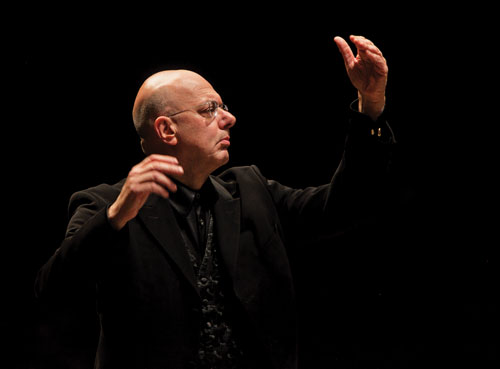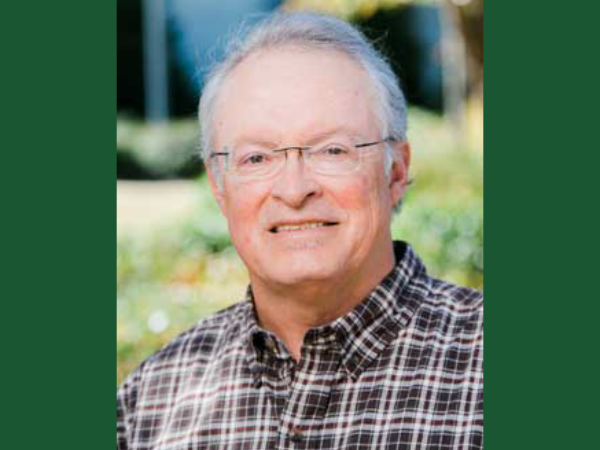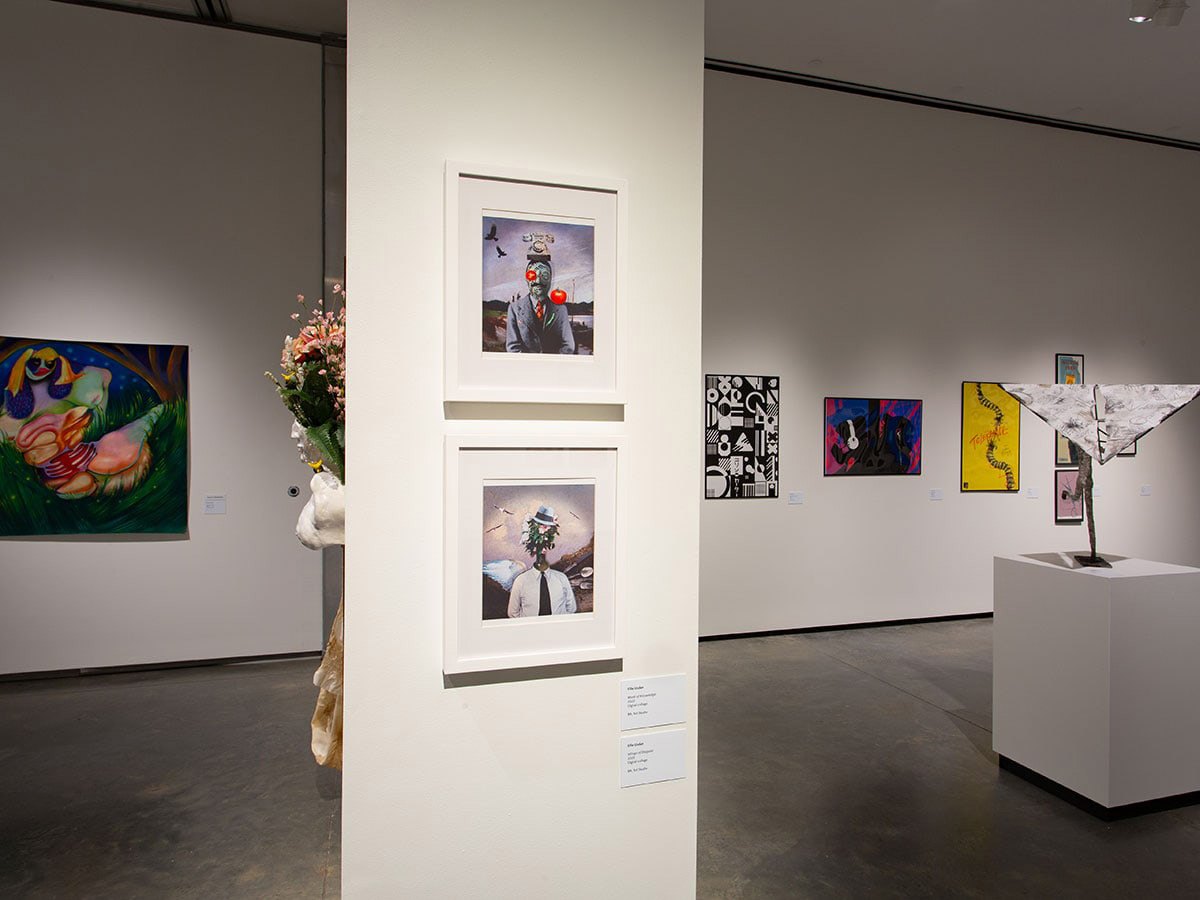Ireland Prize winner Leon Botstein exposes a black hole of musical history to the bright lights of lecture and performance
Leon Botstein has a passion for education. As the president of Bard College in Annandale, New York since 1975, he has argued for the value of learning for its own sake, not merely as the first training step in a vocational or academic career.He also has a passion for music. As the musical director and conductor of the American Symphony Orchestra since 1992, he has transformed the concert experience for audiences worldwide. As a musical historian and musicologist, his contributions have helped reset thinking about composition, theory and performance.
 All of which makes Botstein a significant American cultural figure. But what makes Botstein remarkable, and what led to his selection as the winner of the 2014 Caroline P. and Charles W. Ireland Distinguished Visiting Scholar Prize, is his ability to synergize these two disciplines into a one-of-a-kind performance that brings context and meaning to the musical score.
All of which makes Botstein a significant American cultural figure. But what makes Botstein remarkable, and what led to his selection as the winner of the 2014 Caroline P. and Charles W. Ireland Distinguished Visiting Scholar Prize, is his ability to synergize these two disciplines into a one-of-a-kind performance that brings context and meaning to the musical score.“I’m interested in the relationship between the way we understand and write about music history, and what is available to us in the concert repertory,” Botstein explains. “There is a divide between the academic study of music history and the practice of concert giving. As a music historian and a performer, I’ve discovered that concert programming distorts the history of music and indeed what music is all about. A stultifying routine has grown in concert repertory that disguises the vast and endless works of music that are actually available. I am seeking to alleviate that sense of routine and, if I may say so, boredom on the part of contemporary audiences by reintroducing unjustly neglected works and bringing music history back to life in all its variety.”
While at UAB to accept the prize, Botstein conducted a special performance of the Alabama Symphony Orchestra at the Alys Stephens Center on March 13th. He says that his interest in refreshing the audience’s experience in listening to live music is what catalyzed his plans for the Birmingham concert. “That [was] the inspiration for the program for this occasion,” Botstein says. “I [wanted] to explore the era in the history of the symphony between the death of Schumann and the premiere of the first symphony of Brahms. For most audiences this is an historical black hole. And yet there is so much wonderful music to be heard from that period. The concert program that we [performed offered] two examples of accessible, captivating symphonies that you rarely … hear in live performance.”
Botstein says the recognition from UAB has been meaningful to him. “I was very thrilled to receive the Ireland Prize from the University of Alabama at Birmingham and to conduct the Alabama Symphony. This has been an unexpected pleasure and honor.”
About the Ireland Prize
In 1984, Charles W. Ireland and his wife Caroline P. Ireland gave a personal gift of $250,000 to establish the Caroline P. and Charles W. Ireland Endowment for Scholarly Distinction. Today, the fund awards two annual Ireland Prizes, one of which is the Caroline P. and Charles W. Ireland Distinguished Visiting Scholars Award, which brings to the campus outstanding scholars who are generally recognized as figures of distinction in the arts and sciences. During their time on campus, these prizewinners give a public lecture and share their knowledge through informal meetings with students and members of the faculty. The annual Ireland Visiting Scholar prize is $10,000 and an engraved award.UAB faculty members nominate candidates for consideration each year, evaluating individuals who have achieved international excellence in his or her field of study and who can share his or her enthusiasm and knowledge with the university community.


